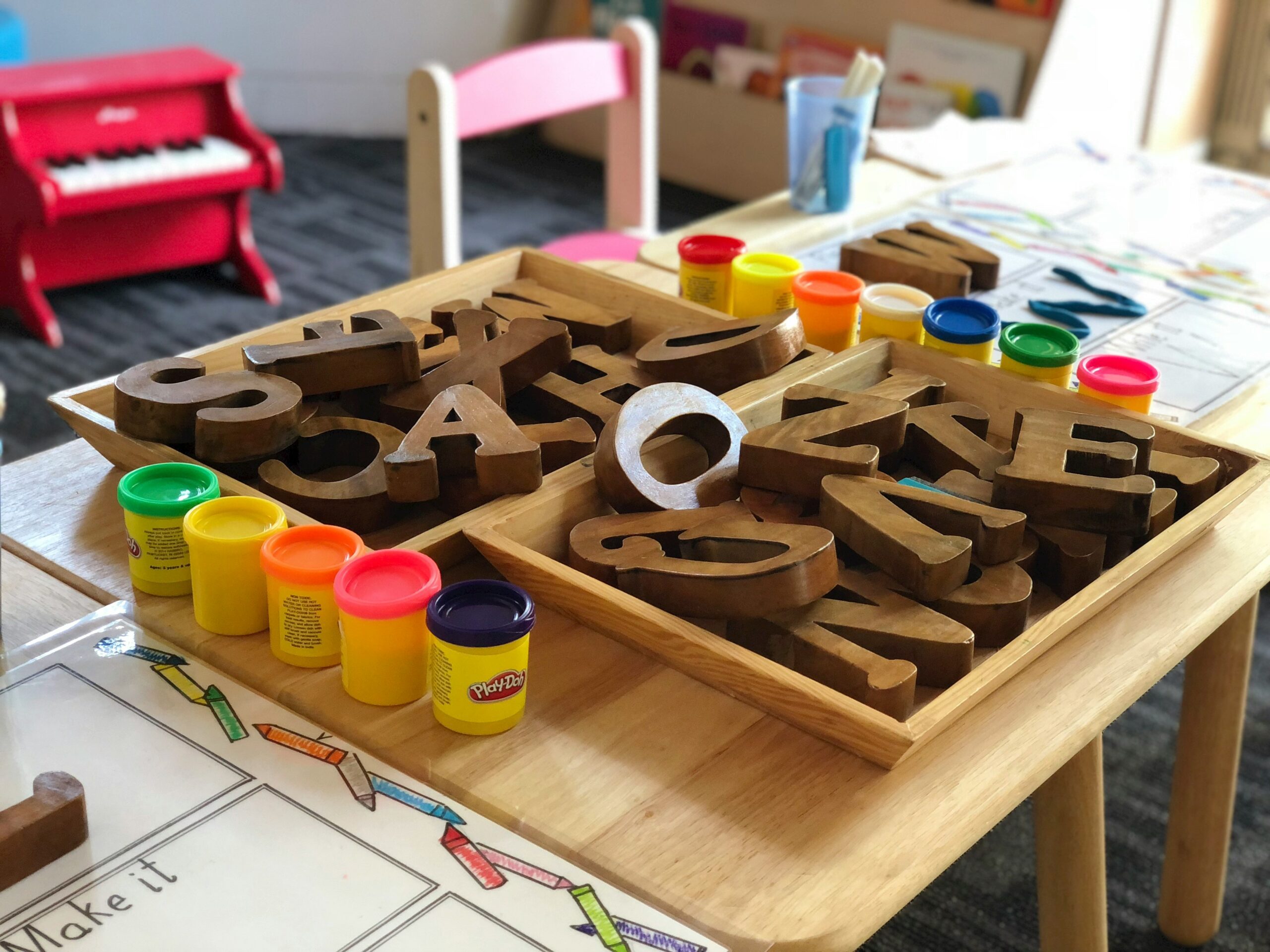
Are you looking for help moving abroad? Speak with an international relocation specialist by reaching out to [email protected].
If you’re moving to another country with kids, finding a school that meets your children’s educational, social, and extracurricular needs will be at the top of your list. Many families won’t even consider a move to a new country until they identify a short-list of schools that could work for their kids.
1. Check the Accreditation
If you’re an expat family, chances are that you want to give your child the option to attend school or university in the future back in your home country. In order to leave that door open, you’ll want to look for a school that has accreditation in your home country, or an internationally accepted and respected accreditation.
MSCHE – Middle States Commission on Higher Education
WSUSC – WASC Senior College and University Commission
SACSCOC – Southern Association of Colleges and Schools, Commission on Colleges
NWCCU – Northwest Commission on Colleges and Universities
NECHE – New England Commission of Higher Education
There are also several respected accreditation bodies that are European or international in scope:
To check for accreditation legitimacy, you can also check out the membership organizations National Association of Independent Schools and the Council for Higher Education Accreditation. These associations require all member schools to be accredited by a recognized agency.
2. Check the Language
Before we go much further, let’s define some terms.
A VoIP allows you to make and receive calls over the internet, rather than through telephone coverage
If your phone is locked, it means that your phone will not work with carriers other than the one you purchased your phone with
Two-factor authentication means that you need to prove your identity in at least two ways, normally via entering a code you might receive via email or SMS. This is especially important for accessing things like bank accounts when living abroad
3. Check the Learning Philosophy
If you are living in a place with multiple international school options, you are sure to have many learning philosophy options as well. Some schools follow well-known pedagogies, like Montessori or Waldorf. Others will incorporate religion into the curriculum. Still more will focus on activities outside the classroom – perhaps part of the learning philosophy is spending time in nature, experiencing local culture, or working on developing practical skills.
Learning philosophy can vary widely, and every school has its own approach. Ask any school to describe their approach to learning, to be sure it aligns with your expectations for your child.
4. Check the Budget
International and private school costs abroad typically vary widely. The most prestigious international schools can easily cost over $10,000 per year (if not $50,000 in some countries), while others will only charge a few hundred USD per month.
Be sure to plan for costs above just tuition. Many schools will also charge books, uniform, or matriculation fees.
In Costa Rica, the oldest and most established private schools in the San Jose area typically cost between $7000 and $15000 USD annually, with many smaller schools charging $3000 to $5000 USD per year. In Portugal, annual international school costs will range from €6,000 to €25,000 Euro per year.
5. Check the Student Body
Do you want your child to be surrounded by classmates from all over the world? Would you like them to spend plenty of time getting to know kids from your new country? What about spending more time with kids and families from your home country? If you’re considering multiple international schools, odds are that you will have options in this category as well.
Ask about the student body composition – where are most students from? How many countries are represented?
6. Check the Activities
In many countries, extracurricular activities are not given the same importance as they are in the United States and Canada. So you may be surprised to learn after moving that your child doesn’t have easy access to a dance class, a robotics club, or a debate team. If your kid has hobbies that they care about, be sure to ask about these at any international school.
Of course, if they like to play soccer, you’ll be able to find a place to play just about anywhere in the world!
StartAbroad is here to help
Get a free consultation with international move experts at StartAbroad to discuss your situation and learn what’s right for you. StartAbroad provides a comprehensive suite of services to make your move abroad as easy and painless as possible. StartAbroad’s international moving experts have over 20+ years of experience living abroad and helping others get settled. Get a free consultation at www.startabroad.com to discuss your situation and learn what’s right for you. Ask us about our holistic concierge package, and our medical, visa, and tax solutions!
How to Move Abroad
Please consider subscribing to our YouTube channel. Click HERE to navigate to ourYouTube page and hit “Subscribe”
Join Our Mailing List
Receive monthly newsletters, special offers, insider information, and more.
Copyright 2022, StartAbroad LLC, all rights reserved
Get the Portugal Digital Nomad Visa Cheatsheet













